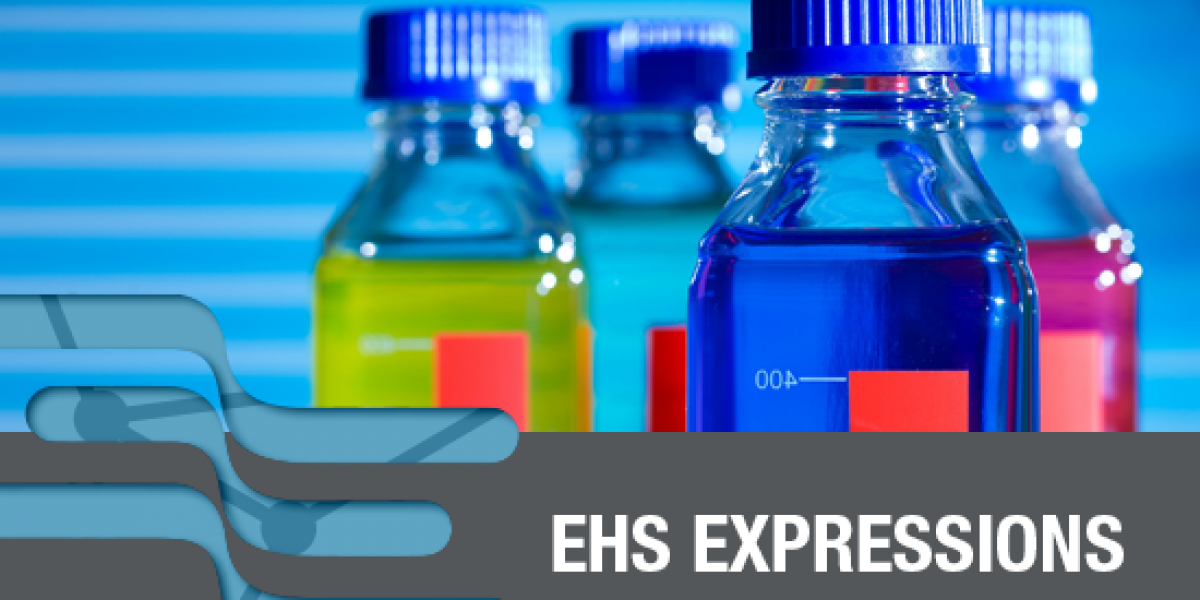You are here

On 25 September 2018 the Thai government published in the official gazette the Ministry of Public Health’s (MOPH) Notification updating the list of prohibited food additives and substances and foods containing them from being produced, imported and/or sold in Thailand. The list consists of 13 known hazardous food additives and chemical substances commonly used in food processing such as boric acid, brominated vegetable oil, potassium chlorate, coumarin, formaldehyde, melamine and cyanuric acid. The regulation is effective as of 26 September 2018.
Verisk 3E Review
The list of prohibited food additives and substances was issued in the MOPH Notification No. 391 B.E. 2561 (2018) Re: Provision of food prohibited from being manufactured, imported, or sold. In 1993 Thailand began legislating against the use of these additives in foods due to their toxicity. The MOPH published requirements to regulate these substances and periodically updated them by Notification under the authorization of the Thai Food Act B.E 2522 (1979). While many businesses have long abandoned the use of these substances in the food industry, the newly issued Notification (No.391) is aimed at modernizing the regulations in order to create a clearer and better understanding for stakeholders.
Under this notification, the following food additives and foods containing them are prohibited from being produced, imported and/or sold in Thailand:
- Brominated vegetable oil;
- Salicylic acid;
- Boric acid;
- Borax;
- Potassium chlorate;
- Coumarin and related chemicals in its group including 1,2-benzopyrone;
- Dihydrocoumarin and related chemicals in its group including benzodihydropyrone;
- Diethylene glycol and related chemicals in its group including dihydroxydiethyl ether;
- Dulcin and related chemicals in its group including 4-ethoxyphenylurea;
- AF-2 and related chemicals in its group including furylfuramide;
- Potassium bromate;
- Formaldehyde, formaldehyde solution and paraformaldehyde;
- Melamine and substances in the melamine group; and
- Any food containing item No.1-13 as an ingredient.
This Notification repeals and replaces two previously issued Notifications: MOPH notification (No. 344) B.E. 2555 (2012) and MOPH Notification No. 358 B.E. 2556 (2013). Under the current regulation, food found to contain melamine and substances in the melamine group (cyanuric acid) is prohibited regardless of the type of food and quantity limit contained therein. In addition, Stevia rebaudiana bertoni and daminozide, which appeared in the list of prohibited additives in Notification No. 358, are no longer included in the list of banned food additives.
Verisk 3E Analysis
Manufacturers, exporters and importers should consult the new requirements and compare the differences from the two previous Notifications in order to ensure a full understanding of the changes and remain compliant.
Businesses in the confectionary sector should note that the government eases the ban on Stevia rebaudiana bertoni in this Notification.
Food manufacturers which have used melamine and cyanuric acid will not be able to seek an exemption based on the food type and quantity found in food because the Notification contains a blanket ban on this ingredient.

 Top
Top